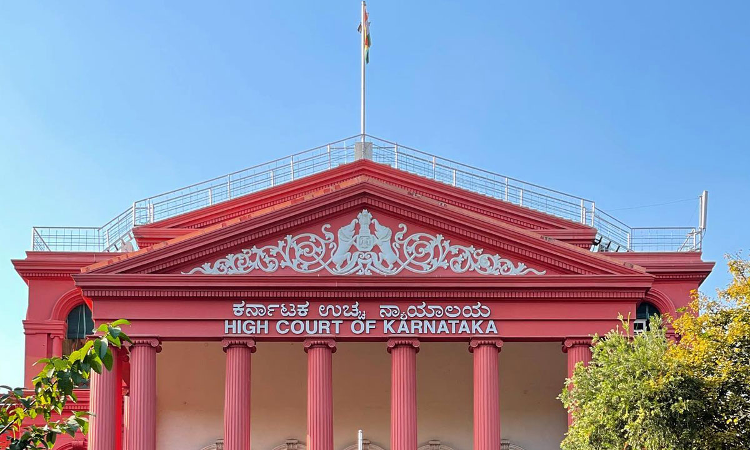The Karnataka High Court has made it clear that in a partnership deed that provides for appointment of Arbitrator, the power of Arbitrator to resolve the dispute flows from the clauses of the partnership deed.A Single Judge bench of Justice S G Pandit, dismissed a petition filed by one Jameela who claimed to be the second wife of deceased partner Hajee Ibrahim and sought dissolution of the...

